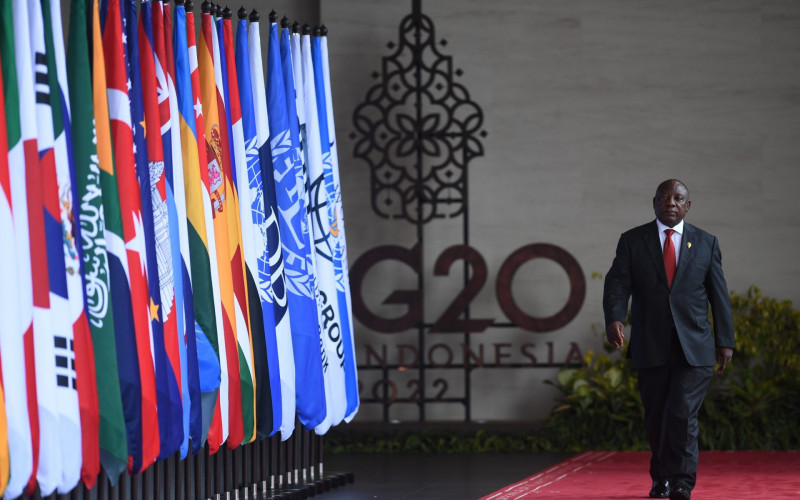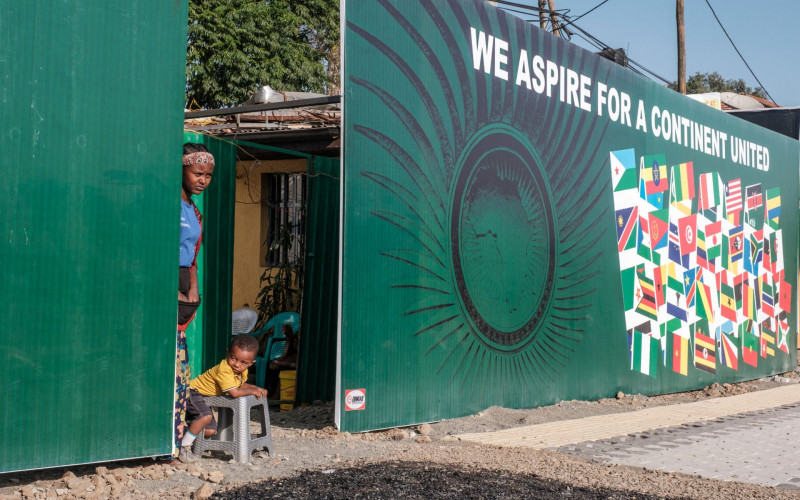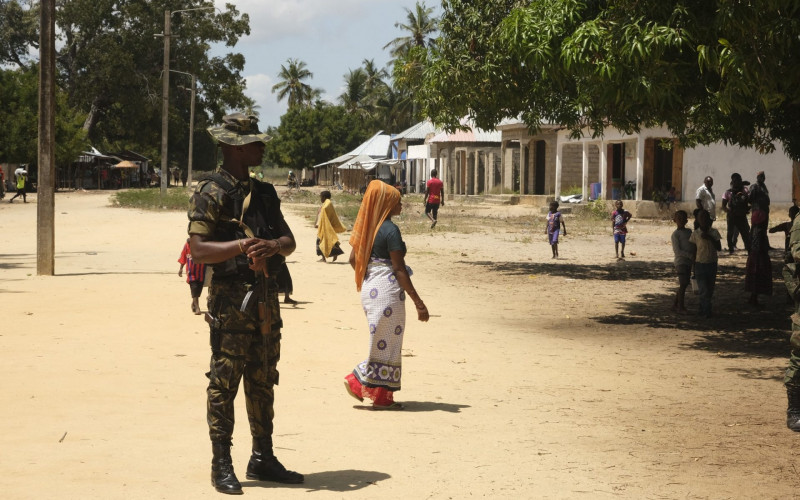Land is recognised, by the APRM and by the continent’s governments and supranational authorities, as a key issue for Africa’s future. It is critical for both agricultural and nonagricultural development, and to accommodate human settlement. The key, overarching challenge concerns tenure security. Land in Africa tends to be held through hybridised arrangements, in which formal, statutory systems exist alongside customary or other informal systems. The former place landholding, in theory, under a clearly defined legal order, which in turn makes it suitable as collateral for business endeavours and an asset to be leveraged for developmental purposes. This has led to calls for the formalisation of land titles across the continent. In practice, however, the weaknesses of the continent’s state system make this a doubtful prospect at present.
This paper argues that a better option, at least as an interim measure, would be to strive for an adaptation of the continent’s informal systems of landholding, with a view to giving them a degree of legal force. However, this will only deal with part of the land governance challenges facing the continent. Land is an issue that spurs passionate emotions. It is often a proxy for issues of citizenship and belonging. Any solution will need to be sensitive to this and cannot be based solely on economic criteria. The constraints on female landholding require that some traditional practices be confronted. Conflict over land and landed resources – or conflict that has a severe impact on the use of these – needs to be tackled with strong, capacitated action by the state and society. This suggests that a comprehensive resolution of issues surrounding the continent’s land ultimately demands that the capacity of the continent’s states be improved. They must be able effectively to establish and implement productive land governance systems, as well as the legal systems, agrarian support and security apparatus required to support and uphold them.







